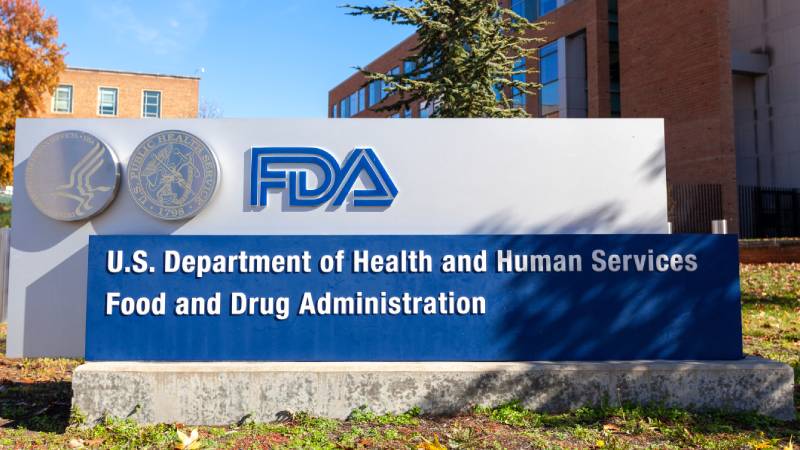GU Cancer
Advertisement
The study evaluated multidisciplinary treatment and patient care trends for patients with non-metastatic prostate cancer.
The goal of the intervention was to increase patient engagement with and clinic integration of germline testing.
Many patients with NMIBC require ongoing treatment and monitoring for the disease because of its high recurrence rate.
Last year, the research team presented on the reliability of the measure, while this year's presentation focused on validity.
Learn how social support and self-esteem are connected with sense of masculinity in older patients with prostate cancer.
Learn how improved communication and education about sexuality can improve prostate cancer treatment for patients.
Researchers explored the etiology of prostate cancer, including a potential link with chronic inflammatory conditions.
A recent study offers perspectives from patients and healthcare professionals on telemedicine visits in RCC clinical trials.
A recent survey provides key insights into patient experiences with MIBC treatment and diagnosis over the past decade.
The aim of the research was to assess the combination of epirubicin and mindfulness to treat negative psychological symptoms.
Patients with kidney cancer desire more involvement and shared decision-making with clinicians about their treatment options.
Learn about key barriers to urostomy positioning and how those barriers affect outcomes for patients with bladder cancer.
A new study identified patterns in palliative care use and showed which patients are least likely to receive it.
The real-world study provided insights on patient counseling, prognostics, and therapeutic decision-making processes.
Nursing Implications of the FDA Withdrawal of Sacituzumab Govitecan for Metastatic Urothelial Cancer
Learn how oncology nurses can address patient questions about the withdrawal and help them navigate the path forward.Mobile internet management for post-prostatectomy care improved disease knowledge, mental well-being, and quality of life.
A recent study shows that fear of cancer recurrence in patients with prostate cancer has a serious impact on functionality.
Researchers are illuminating why clinical nurse specialists are "best placed to offer holistic care" for these patients.
A system based on two prognostic factors can predict the outcomes of these patients.
A quantitative-qualitative survey provided insights on patient experiences, emotions, and perceptions





















 © 2025 Mashup Media, LLC, a Formedics Property. All Rights Reserved.
© 2025 Mashup Media, LLC, a Formedics Property. All Rights Reserved.